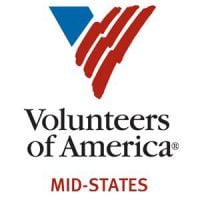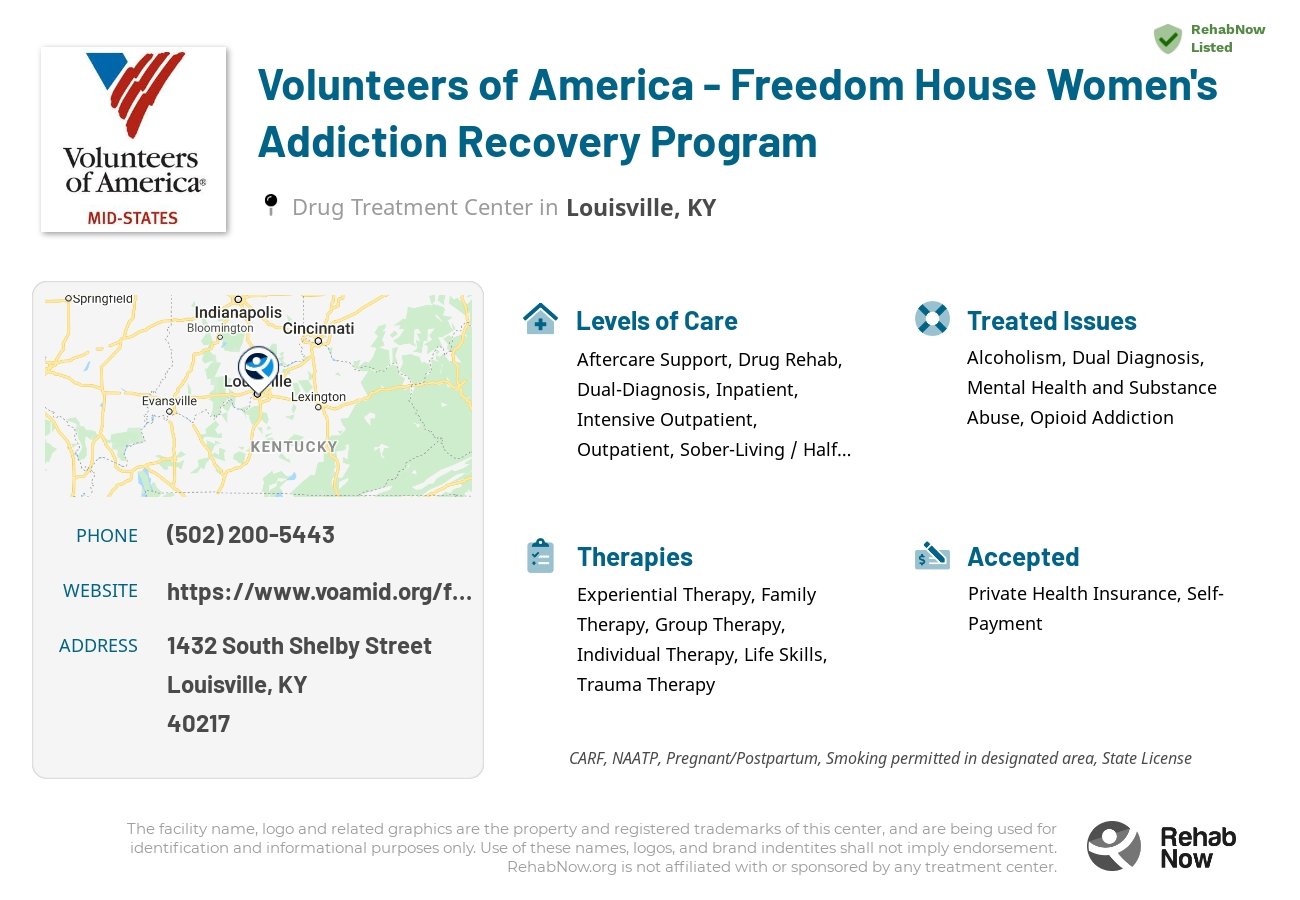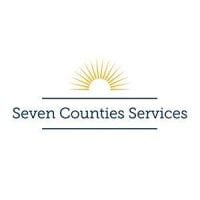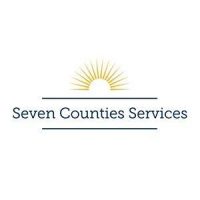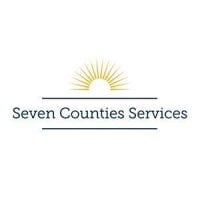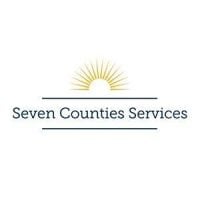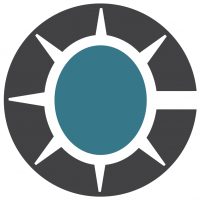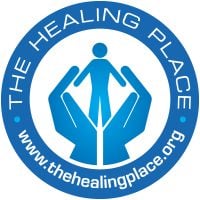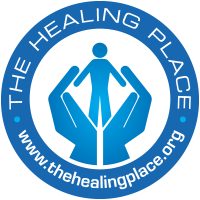Volunteers of America - Freedom House Women's Addiction Recovery Program
Drug Rehab Center in Louisville, Kentucky
The Volunteers of America - Freedom House Women's Addiction Recovery Program in Louisville, KY offers inpatient, intensive outpatient, and outpatient levels of care as well as aftercare support and a sober-living/half-way house for individuals suffering from alcoholism, dual-diagnosis, opioid addiction, and drug addiction.
About Volunteers of America - Freedom House Women's Addiction Recovery Program in Kentucky
Volunteers of America - Freedom House Women's Addiction Recovery Program in Louisville, Kentucky is a treatment facility dedicated to helping women recover from alcoholism, drug addiction, and dual diagnoses. Offering a range of levels of care, including inpatient, outpatient, and sober-living/half-way, this program aims to provide comprehensive support to individuals seeking sobriety. The facility is affiliated with Volunteers of America - Kentucky and accepts private health insurance, ensuring that women have access to the help they need regardless of their financial situation.
The treatment services at Volunteers of America - Freedom House Women's Addiction Recovery Program are designed to address the unique needs of women struggling with addiction. They provide a variety of evidence-based treatment methods, including drug rehab and intensive outpatient programs. These services aim to help clients understand the root causes of their addiction, develop coping skills to manage cravings and triggers, and establish a strong foundation for long-term recovery. The program also offers aftercare support to ensure that individuals receive ongoing support and guidance even after completing their initial treatment. The focus on women's addiction recovery and the range of services available make Volunteers of America - Freedom House a valuable resource for those seeking help in their journey towards sobriety.
Genders
Ages
Modality
Additional
Conditions and Issues Treated
Many people who struggle with opioid addiction need to attend specific programs like methadone , Suboxone or Vivitrol clinics.
These types of programs will provide the patient with legal, prescription medications that can help them overcome their cravings for illegal opioids like heroin or fentanyl . If the patient has a chronic condition like Hepatitis C, they must undergo treatment before they can begin taking these medications.
Dual-Diagnosis Treatment at Volunteers of America - Freedom House Women's Addiction Recovery Program
Dual Diagnosis is a specific relationship between two or more disorders that have the same symptoms and can sometimes be treated together. This is used in the treatment planning process when dealing with drug addicts. Dual diagnosis can be viewed as a chronic medical condition that has comorbid psychiatric disorders.
Although addiction and a mental illness may have separate symptoms that are not easy to detect, they often go hand in hand. Many times, drug abuse is a direct result of the mental illness. In other words, treating the addiction will not resolve all of your issues. Unless you also treat the underlying mental illness, you will not be successful in achieving sobriety.
Levels of Care Offered
This center offers a variety of custom treatment tailored to individual recovery. Currently available are Aftercare Support, Drug Rehab, Dual-Diagnosis, Inpatient, Intensive Outpatient, Outpatient, Residential, Sober-Living / Half-Way, with additional therapies available as listed below.
Inpatient treatment is an intensive program that takes place when a patient checks into a rehabilitation facility. The treatment includes detoxification and counseling sessions, which are round the clock. Outpatient treatments are also available, but inpatient care is advised as the first step of rehabilitation.
Intensive rehab ensures the patient stays in a substance-free atmosphere, improving treatment success rates. The patient participates in group therapy for motivation from other patients who have overcome addiction. Family members are also involved in providing emotional support throughout the program.
An intensive outpatient program is usually the first phase of addiction treatment. It provides relief for those who are addicted, but are not ready to commit to an inpatient setting. Typically, the patient lives at home and is able to work or go to school. IOPs consist of a daily 3 to 5-hour program, and there is a required number of hours per week. Most patients go to IOP between 20 and 40 hours per week. The patient attends group counseling and individual therapy throughout the duration of treatment. They also meet daily with their therapist to discuss how it’s going and where they are in the recovery process.
The goal here is to teach patients healthy coping skills, such as stress management and identifying thoughts and behaviors that lead to relapse. The implementation of these skills will be useful as the individual transitions into the next phases of treatment.
An outpatient treatment program is set up to help with alcohol or drug addiction, or a co-occurring disorder. The patient must attend the Kentucky facility for their therapy and other programs but are able to return home each night. The frequency of mandatory attendance decreases after much of Volunteers of America - Freedom House Women's Addiction Recovery Program‘s program is complete.
Sober Living Homes are an option for those who have completed a treatment program within the past several months. However, it isn’t advisable to use this as a permanent living arrangement because it can lead to a relapse .
The goal of a sober living home is to provide a supportive environment for recovering addicts so they don’t need to return to their previous lifestyles. The homes will not accept residents who are still using drugs or alcohol, and those living in the house must follow a set of rules dictating how they should behave to avoid relapsing.
Residential treatment programs are those that offer housing and meals in addition to substance abuse treatment. Rehab facilities that offer residential treatment allow patients to focus solely on recovery, in an environment totally separate from their lives. Some rehab centers specialize in short-term residential treatment (a few days to a week or two), while others solely provide treatment on a long-term basis (several weeks to months). Some offer both, and tailor treatment to the patient’s individual requirements.
Aftercare is a term that’s used to refer to any sort of continuing care offered for a drug addict who has voluntarily entered a rehabilitation program. This type of care can be provided in several settings, including outpatient therapy sessions after the addict has completed an inpatient program. There are also 12-step support groups, such as Alcoholics Anonymous, which can provide additional help for addicts trying to stay sober.
Therapies & Programs
Individual Therapy is a critical component of addiction recovery. Therapists work with patients to identify the root of their addiction and figure out how to better handle the issues that led to them using drugs. Individual Therapy is the one-on-one session where people meet with their therapist. Individual therapy provides a safe space for people to open up and discuss personal and sensitive topics which they may not feel comfortable discussing in a group setting.
Family therapy will also help families realize that the addiction is not their fault. For many years, people blamed themselves for an addict’s behavior and felt that they had done something wrong. This is not the case. Addiction is a disease, and it can strike anyone, even if their life seems fine from the outside. It can bring a lot of shame to a family when they have an addict in their midst, but if everyone is open and honest with each other, then they can help everyone stay in recovery.
Group Therapy is utilized by drug treatment centers like Volunteers of America - Freedom House Women's Addiction Recovery Program to provide the recovering drug addict with a platform to talk about their feelings and experiences. It also provides for an opportunity to learn from other addicts who have successfully overcome their addiction.
Group Therapy is employed in lectures, seminars, or discussion groups (the latter two are typically conducted as “therapy groups”). It is recommended that all group members be recovering addicts for this type of therapy to work (though it does not exclude others with lived experience).
Trauma Therapy Treatment at Volunteers of America - Freedom House Women's Addiction Recovery Program
Trauma therapy is a clinical process that helps individuals deal with mental stress often caused by traumatic events. It is generally done for children, teenage victims of sexual assault, and war veterans. The therapist helps the person identify, understand and work through the problem. This is done with the help of talking about it in group or one-on-one counseling sessions. Therapists use relaxation, role-playing, art, and music to help the person open up about what is bothering them.
Cognitive behavioral therapy is also a popular service for individuals living with addiction. This type of supportive treatment uses both one-on-one counseling and group sessions to teach addicts how to identify thoughts, behaviors and emotions that might increase their risk of relapse.
These professionals can help addicts develop coping skills for managing stress, improving self-esteem and overcoming triggers. They might also use behavioral therapy to help addicts learn how to avoid cravings and warning signs that could lead them back into addiction.
Therapy can be used as a step-down from inpatient treatment or as the primary method of overcoming an addiction. No matter which option is best for the addict, they will teach important emotional coping techniques, which can make it easier for addicts to get through the tough days.
Training in improved life skills helps those recovering from addiction feel more capable of self-care. Volunteers of America - Freedom House Women's Addiction Recovery Program are daily skills that give the person the tools they need to survive.
The therapy covers practical activities like cooking, job hunting, social interaction, and money management, helping to fill in the knowledge gaps caused by addiction.
These life skills help the person self-manage their recovery and stay on track. It also reduces relapse risk as they gain confidence in their day-to-day abilities.
Patient Experience
Experiential Therapy at Volunteers of America - Freedom House Women's Addiction Recovery Program
Experiential therapy is another form of treatment that helps addicts overcome their addiction. This type of service typically involves hands-on activities with the focus on physical experiences instead of emotions or beliefs.
Some examples include art therapy, equine therapy and music therapy. Each of these forms of experiential therapy can provide unique ways for addicts to channel their feelings and work through their demons. This type of therapy also allows addicts to develop meaningful emotional connections with others, which can prevent them from resorting to relapse as a coping mechanism.
Payment Options Accepted
For specific insurance or payment methods please contact us.
Is your insurance accepted?
Ask an expert, call (888) 674-0062
Volunteers of America – Kentucky Associated Centers
Discover treatment facilities under the same provider.
No items foundLearn More About Volunteers of America – Kentucky Centers
Additional Details
Specifics, location, and helpful extra information.
Louisville, Kentucky 40217 Phone Number(502) 200-5443 Meta DetailsUpdated November 25, 2023
Staff Verified
Volunteers of America - Freedom House Women's Addiction Recovery Program Patient Reviews
There are no reviews yet. Be the first one to write one.
Louisville, Kentucky Addiction Information
Kentucky ranks among the top ten states for opioid-related overdoses. Most of these are due to heroin, fentanyl, and prescription opioid use. A little over 11% of the Kentucky population abuses alcohol in a given year. More than 15% of Kentucky adults admit to participating in binge drinking every month.
Louisville, Kentucky has a high rate of drug-related deaths. Most drug overdose deaths in Louisville are caused by opioids, such as heroin and fentanyl. Alcohol abuse is also a problem in the city, with binge drinking rates of 19.9% among adults and 11.3% among youths aged 12-20. There are a variety of drug treatment options available in Louisville, Kentucky. Some of the most common include inpatient, outpatient, and detox programs.
Treatment in Nearby Cities
- Belfry, KY (194.1 mi.)
- Mount Vernon, KY (97.6 mi.)
- Buckhorn, KY (138.0 mi.)
- Louisville, KY (2.0 mi.)
- Paris, KY (80.9 mi.)
Centers near Volunteers of America - Freedom House Women's Addiction Recovery Program
The facility name, logo and brand are the property and registered trademarks of Volunteers of America - Freedom House Women's Addiction Recovery Program, and are being used for identification and informational purposes only. Use of these names, logos and brands shall not imply endorsement. RehabNow.org is not affiliated with or sponsored by Volunteers of America - Freedom House Women's Addiction Recovery Program.
